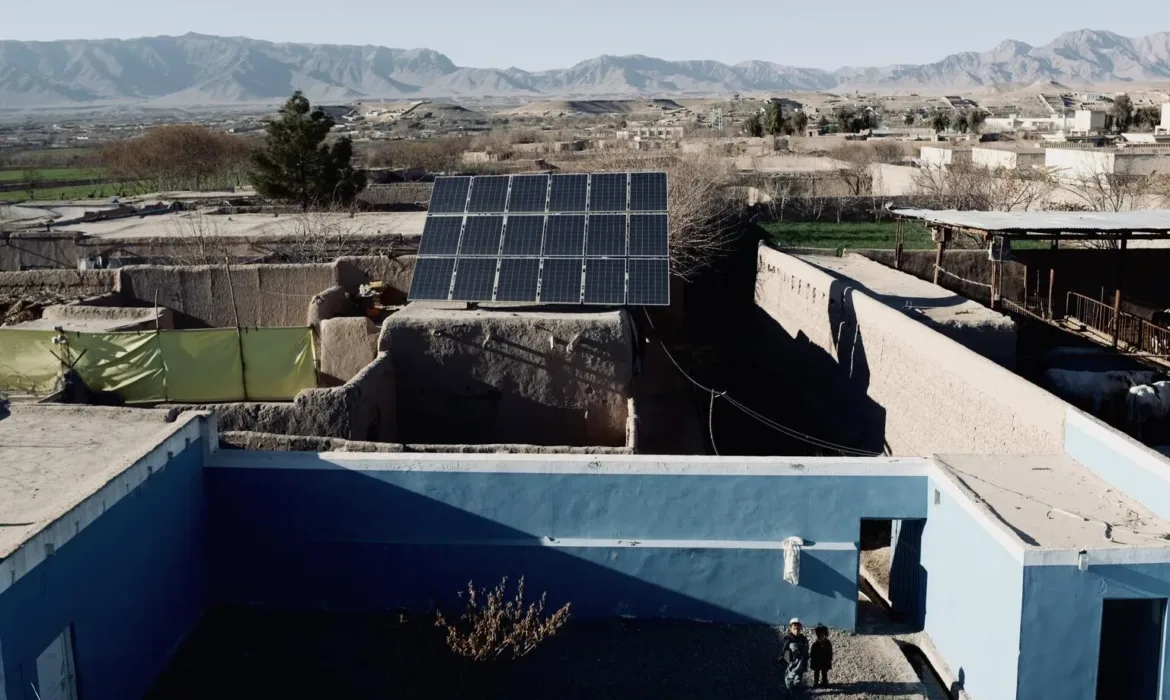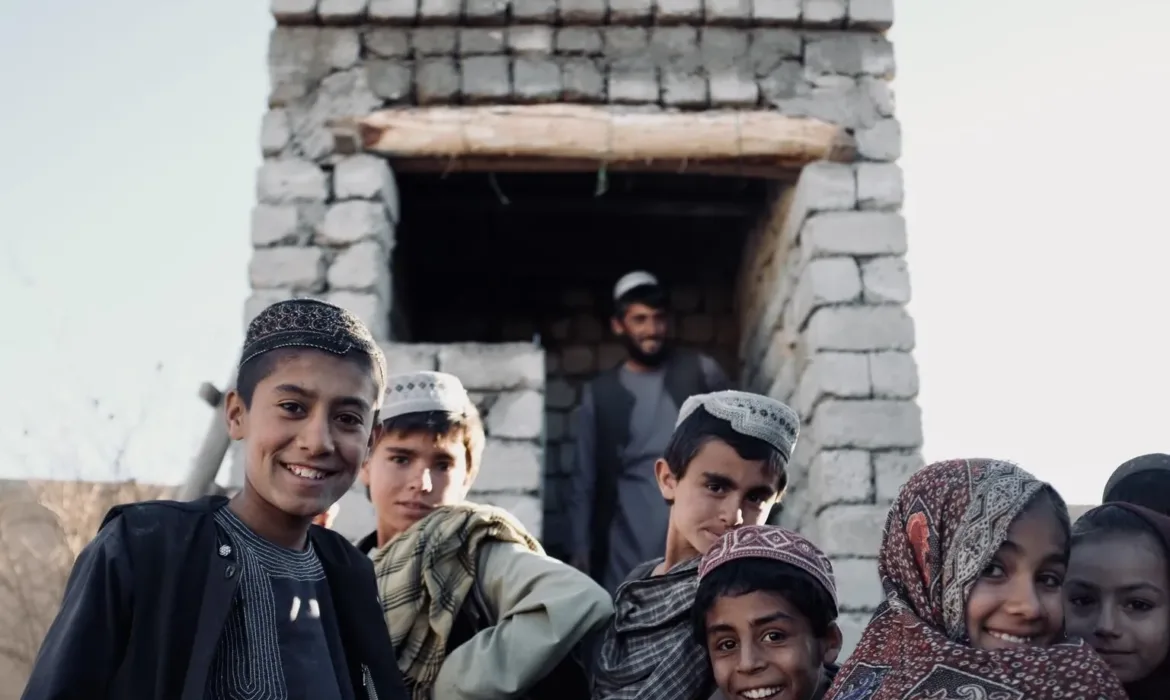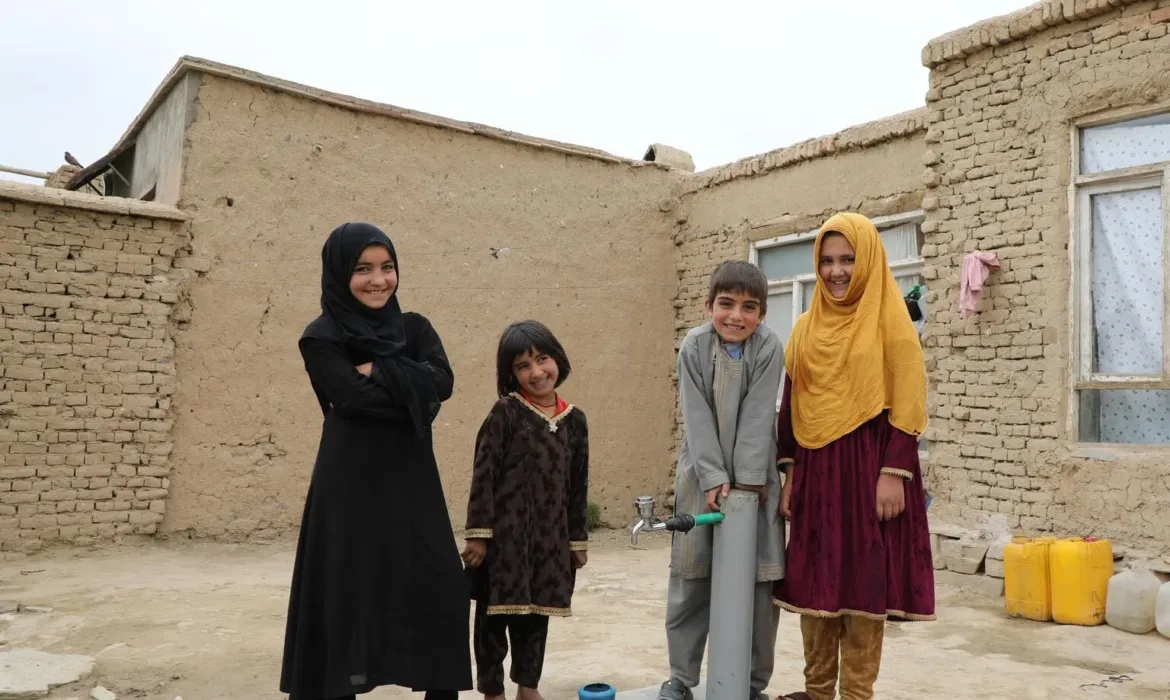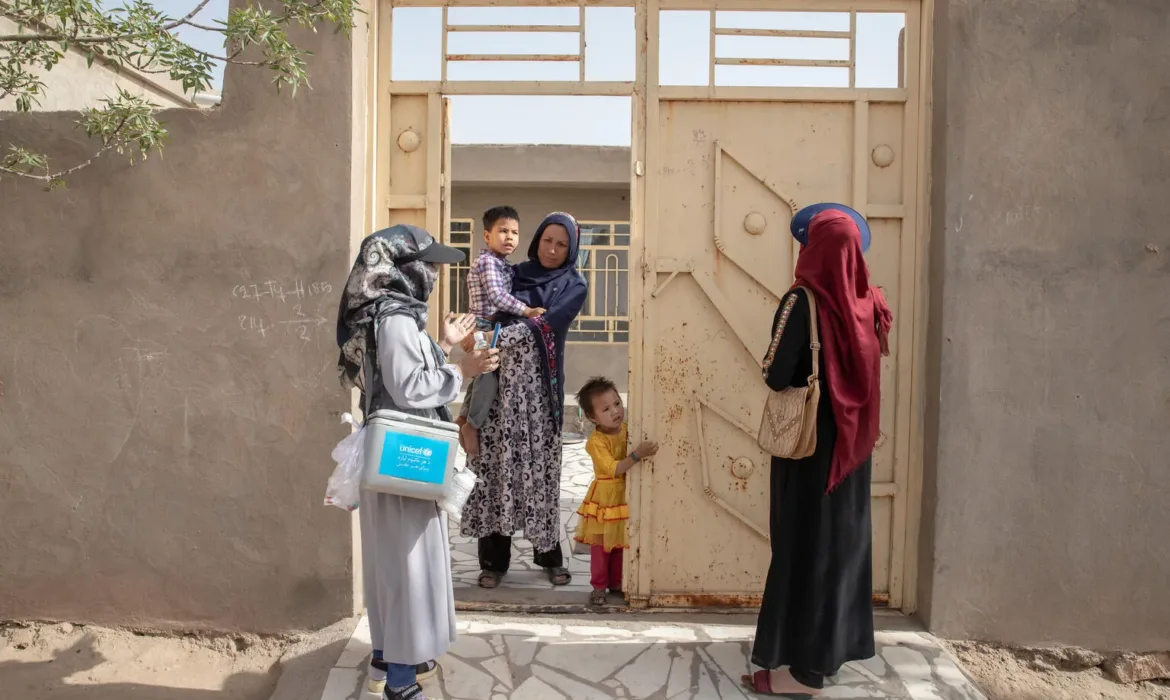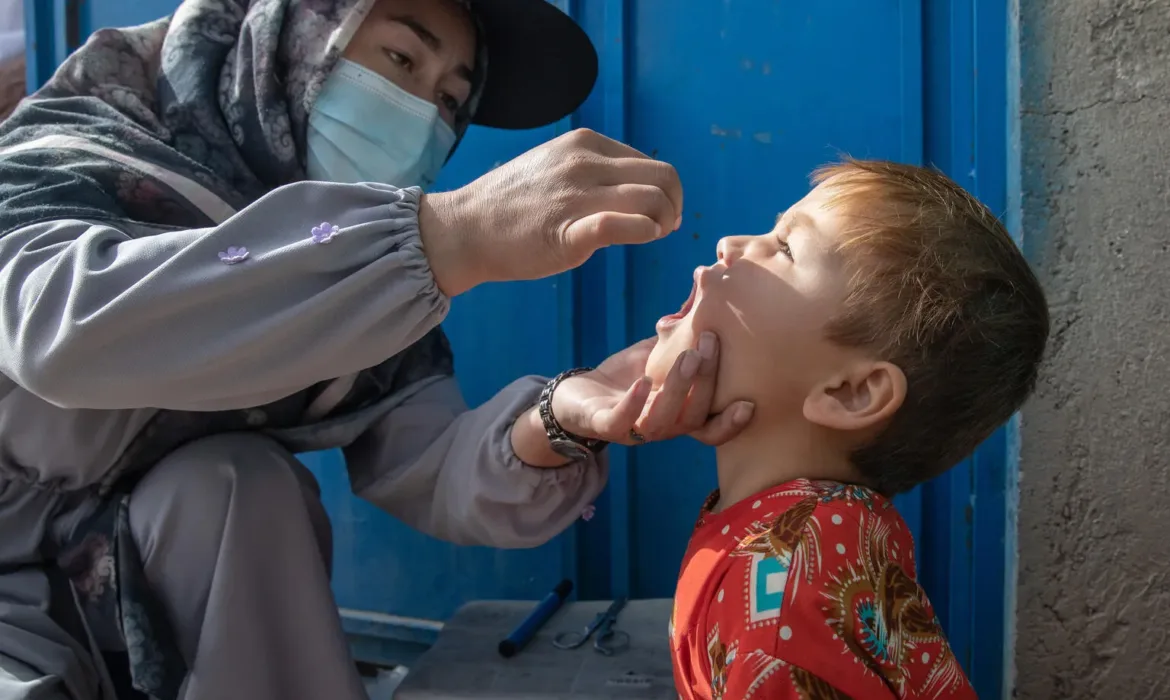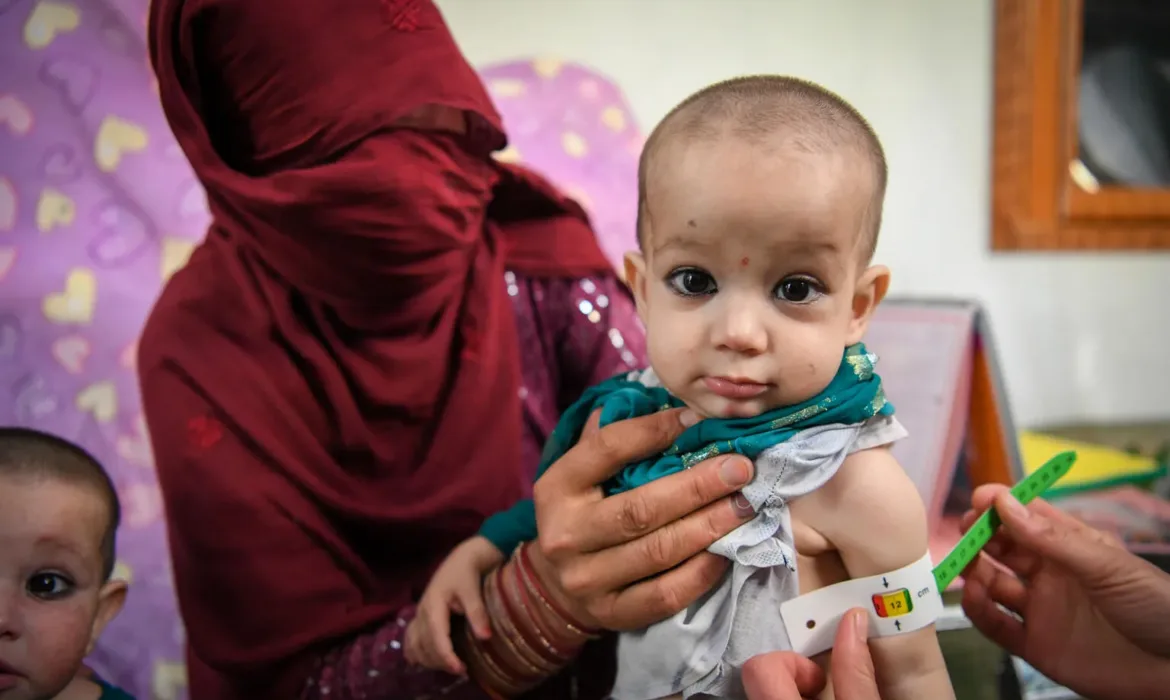
Solar solutions in Afghanistan
UNICEF IN AFGHANISTAN
UNICEF has been working in Afghanistan for over 70 years, with staff nationwide. Through the past four decades of turbulence, UNICEF has remained steadfast. We are champions of children and their rights, and we work hard to secure the access we need to support children, in all social and political environments.
We are expanding our life-saving programmes for children and women – including through the delivery of health care, nutrition, and clean water for displaced families.
A CHALLENGING LANDSCAPE
What was already a challenging situation for families was made worse by the COVID-19 pandemic and political turmoil during 2021. The country is in the grip of an economic crisis and essential services are on the brink of collapse. Recurring drought has affected food production in the country. Families were already struggling to buy basic foods and now the war in Ukraine has blocked global food supply chains. Food and fuel prices have spiralled even further, beyond the reach of most Afghan families.
Not to mention the recent earthquake in June, adding another emergency on top of the already fragile situation and the challenges facing the people of Afghanistan.
The result is a catastrophic child health crisis in Afghanistan, bringing with it a renewed commitment from UNICEF to protect the health of every child in the country. This year, part of our mission is to vaccinate more than 10.4 million children against measles as well as other diseases.
Here are some of UNICEF’s achievements this year in Afghanistan, achieved since January 2022
137
Mobile Health Teams
UNICEF deployed 171 mobile health and nutrition teams - 17.3 million people were provided out-patient care in some of the most remote parts of Afghanistan.
102,000
Safe Spaces
To support female agency strengthening, UNICEF created safe spaces for over 102,000 women and girls through 73 Women's and Girls Safe Spaces. This is often the only place where women can socialise, learn, receive skills, or get legal and psychological support.
247,000
Malnourished Children
Afghanistan has one of the world’s highest rates of stunting in children under five: 41 per cent. Since January, 246,946 children have received life-saving treatment for severe acute malnutrition (SAM) following the screening of more than 6.5 million children
283,000
Education Opportunities
Around 283,000 children (55% girls) were provided education opportunities through 9,887 community-based education (CBE) classes supported by UNICEF and implementing partners.
SUN POWERING WATER
Drought is an ongoing problem in Afghanistan. Many communities live in remote, mountainous areas. Over the past six years, UNICEF has installed 79 solar-powered water systems in southern Afghanistan. Not only is the technology innovative, so is the way they’re run. Ownership and maintenance sit with the communities they serve ensuring local families pay an affordable price for the water they use. This insulates them from rising costs in world fuel prices.
In the village of Sahibzada, UNICEF’s solar-powered system includes an improvised garden. Like an oasis, the green space is often filled with children. Powered by 18 solar panels, the water system is connected to 85 households, serving nearly 1,500 people. In Sola village, the water system is being extended with toilets and a wash-block.
UNICEF is working hard to make sure the remaining population have the same vital resource.
GOING WHERE WE’RE NEEDED
Conflict and drought have forced families out of their homes and into camps. UNICEF has increased mobile health clinics five-fold. The teams have set up healthcare centres in the camps, providing life-saving treatment for severely malnourished children. Several of our teams also treated people injured in the recent earthquake.
To support the mobile clinics, we transport vital supplies including many boxes of crucial aid, life-saving food, vaccines, MUAC bands (mid-upper arm circumference bands, for checking if children are dangerously underweight), and other healthcare items. Following the earthquake, we immediately despatched 500 first aid kits and 3,000 hygiene kits.
WE STAY FOR CHILDREN
UNICEF has been working in Afghanistan continuously, during times when the world’s gaze is focused on the country and when it isn’t. Being able to rely on the vital flexible funding we are donated from gifts in Wills helps us to stay and deliver for the children of Afghanistan.


